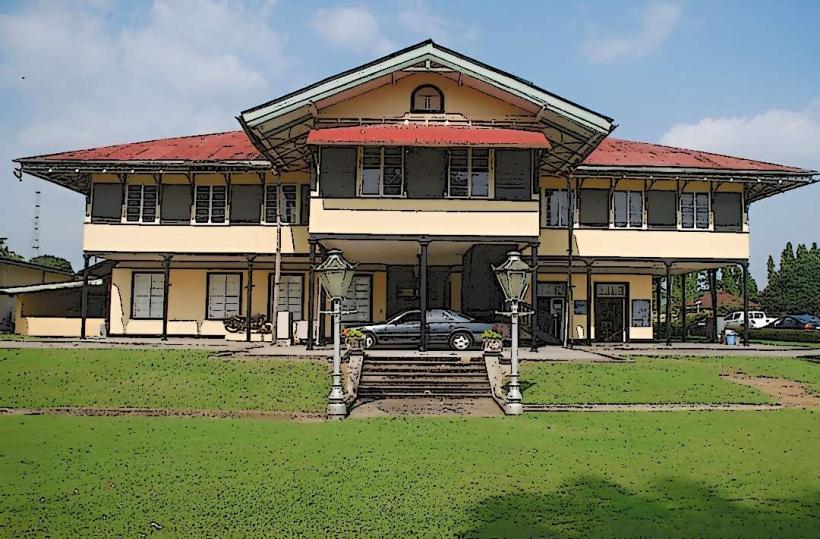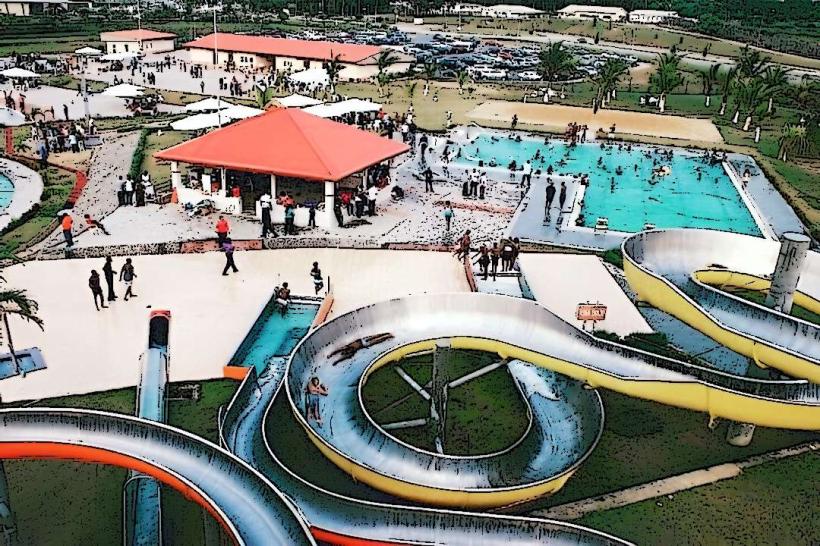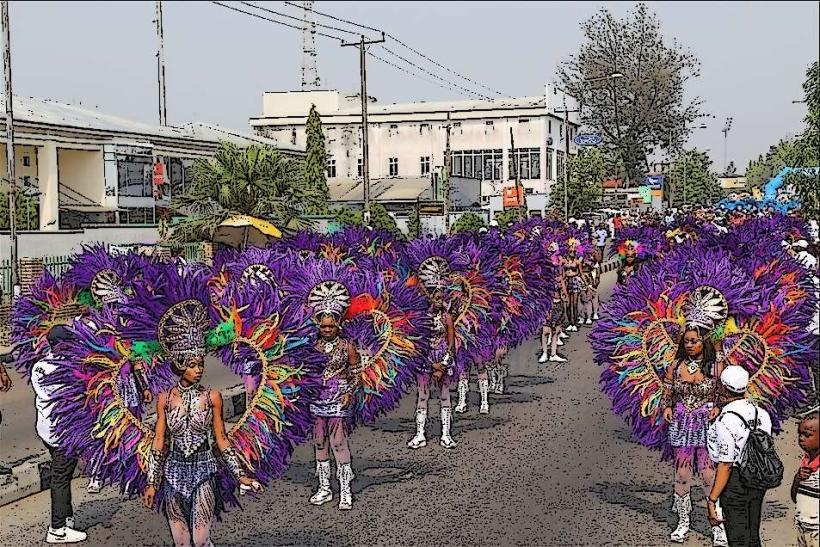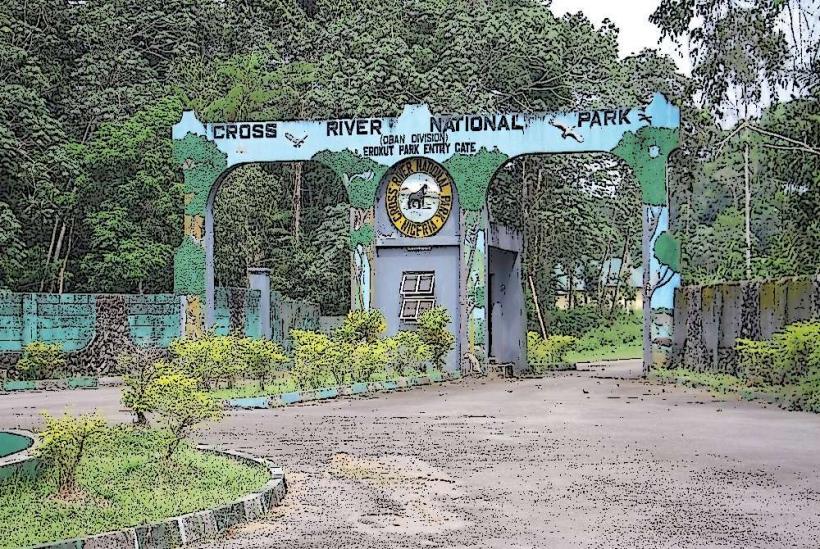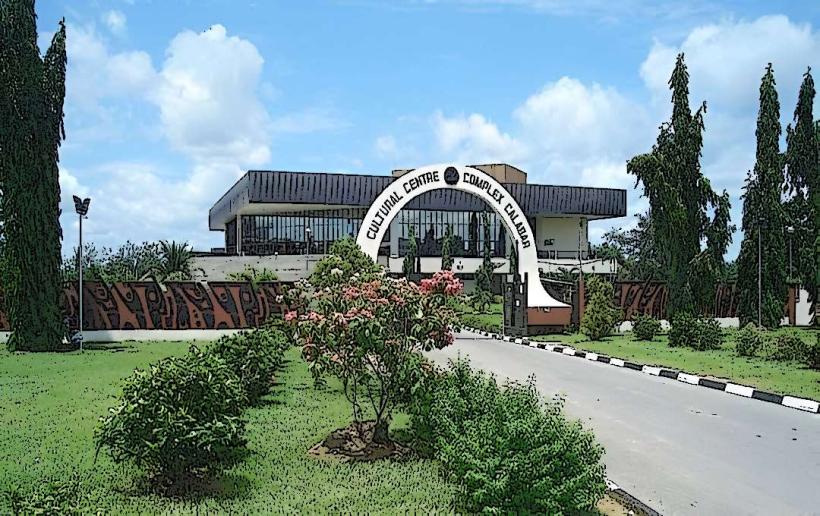Information
City: CalabarCountry: Nigeria
Continent: Africa
Calabar, Nigeria, Africa
Calabar serves as the administrative capital of Cross River State and a primary coastal port in southeastern Nigeria. It is situated on a peninsula between the Calabar and Great Kwa rivers, overlooking the Bight of Biafra.
Historical Timeline
Calabar was established as a major trading post for palm oil and slaves by the Efik people in the 17th century. It functioned as the first capital of the Niger Coast Protectorate and subsequently the Southern Nigeria Protectorate (1884–1906). The city’s most significant architectural and political reconstruction occurred in the late 1990s and early 2000s under the Donald Duke administration, which focused on tourism infrastructure. The primary event shaping its current urban form was its designation as Nigeria’s first Free Trade Zone and the development of the Tinapa Resort.
Demographics & Population
The metropolitan population is approximately 685,000 as of 2026. The primary ethnic demographic is the Efik, followed by the Qua and Efut peoples. The median age of the population is 19.1 years.
Urban Layout & Key Districts
The city is organized linearly along the peninsula, constrained by the surrounding rivers. Key districts include Calabar Municipal (North), the administrative and residential hub; Calabar South, the historic core and commercial center; and the Export Processing Zone (West), the industrial sector. The Mary Slessor Avenue serves as the primary arterial road connecting the north and south.
Top City Landmarks
Duke Town Church (One of the oldest churches in Nigeria)
The Old Residency (National Museum)
Margaret Ekpo International Airport
Calabar Carnival Park
The Slave History Museum (Marina Resort)
Transportation Network
Internal movement is primarily conducted via a network of taxis and "Keke" (tricycles). There is no metro or tram system. Ride-sharing is available via Bolt. Official taxis are painted blue and white. Traffic density is generally low compared to other Nigerian state capitals, though congestion occurs at the Watt Market and Marian Market junctions.
Safety & "Red Zones"
The safety level is high relative to the national average, as Calabar is marketed as a tourism hub. However, caution is advised in the Calabar South district at night due to reports of cult-related violence and petty theft. Avoid walking alone along the waterfront areas of the Marina after sunset.
Digital & Financial Infrastructure
Average internet speeds are 20–35 Mbps on 4G networks. Main mobile carriers are MTN, Airtel, and Glo. Card acceptance is moderate; POS terminals are common in hotels and supermarkets, but cash remains essential for local markets and transit. ATMs are concentrated along Marian Road and Muritala Mohammed Highway.
Climate & Air Quality
Temperatures range from 23°C to 32°C. Calabar has a tropical monsoon climate with exceptionally high rainfall, often exceeding 3,000mm annually. The heaviest rains occur from June to September. Air quality is generally good due to proximity to the ocean and dense forest cover, though Harmattan dust appears in January.
Culture & Social Norms
Tipping is expected in hotels and for service staff (approx. 5–10%). The standard greeting is a handshake. The culture is significantly influenced by Efik traditions; conservative dress is preferred for formal visits. Alcohol is widely available and public smoking is generally discouraged in organized spaces.
Accommodation Zones
State Housing Estate: Recommended for central location, safety, and proximity to restaurants.
Diamond Hill: Recommended for proximity to government offices and scenic views of the Calabar River.
Local Cost Index
1 Espresso: ₦3,500 ($2.30)
1 Standard Lunch: ₦8,500 ($5.60)
1 Metro/Bus Ticket: ₦500 ($0.33) - local minibus/Keke rate.
Nearby Day Trips
Kwa Falls: 25 km (45 minutes)
Cross River National Park: 60 km (90 minutes)
Agbokim Waterfalls: 170 km (180 minutes)
Tinapa Resort: 10 km (20 minutes)
Facts & Legends
A prominent local legend involves the "Ekpe" (Leopard) Secret Society, which historically governed the city. It is whispered that the Ekpe spirits still reside in the ancient forest patches within the city limits and that the sounds of the "Stone Bell" at night indicate the society is in session. Another historical oddity is the city’s role in ending the killing of twins, a practice halted by the missionary Mary Slessor in the late 19th century.

